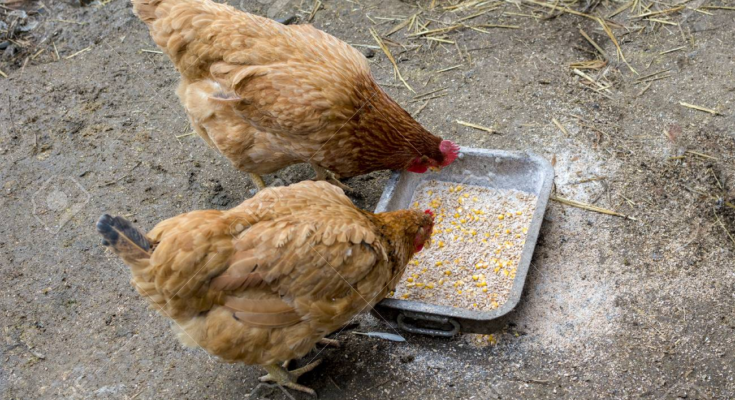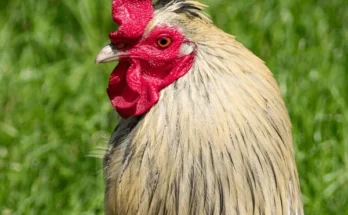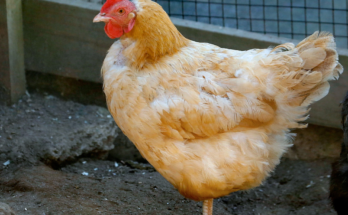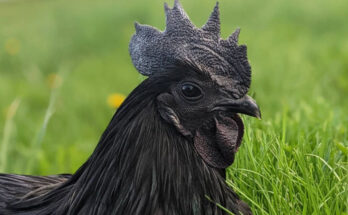The Ultimate Guide to the Best Cold Weather Chicken Breeds
Raising chickens in cold weather requires careful consideration of the breed’s ability to withstand low temperatures. Choosing the best cold weather chickens is crucial for their health and productivity during the winter months. In this blog post, the top cold-hardy chicken breeds will be explored, along with essential tips for keeping chickens healthy and comfortable in chilly conditions. Whether you’re a seasoned chicken owner or considering starting a backyard flock, understanding the best cold weather chickens is essential for successful winter poultry care.
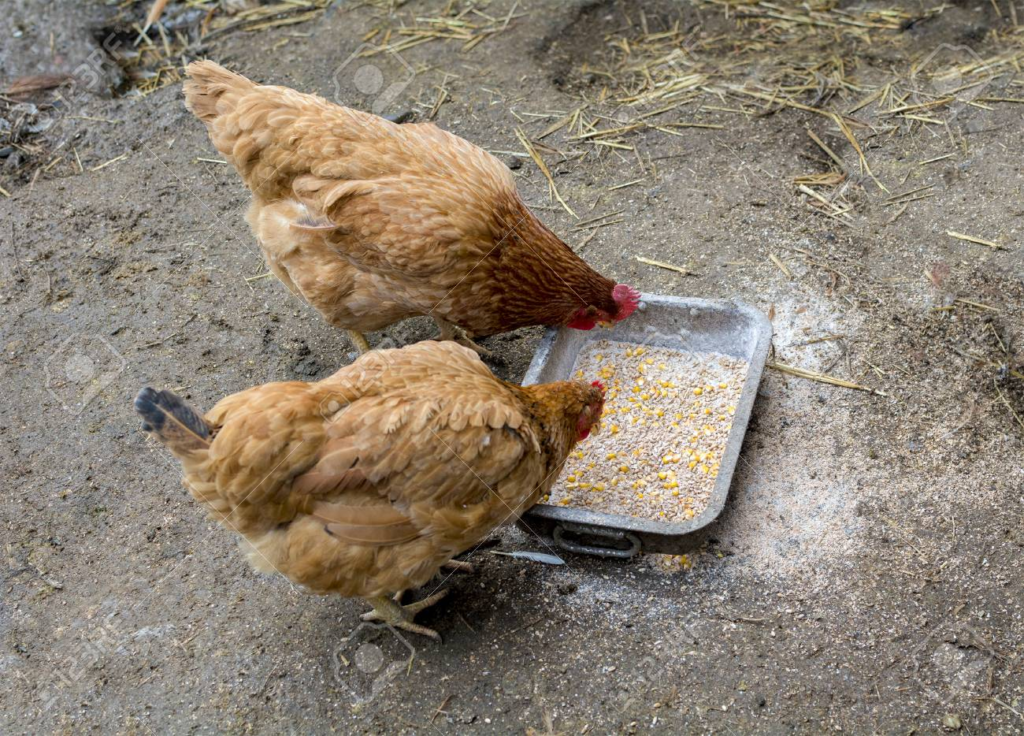
Best Cold Weather Chicken Breeds
When choosing chickens for cold climates, it’s important to consider specific characteristics that make a breed suitable for cold weather. These characteristics include cold hardiness, feather type, and ability to withstand low temperatures. Here are some factors to consider when selecting cold hardy chicken breeds.
Characteristics to Look for in Cold Hardy Chickens
- Cold Hardy Breeds: Look for chicken breeds specifically known for their cold hardiness. Some breeds have been developed to thrive in colder regions and have adapted well to withstanding low temperatures.
- Feather Type: Chickens with small combs and thick, fluffy plumage are better equipped for cold weather. This type of feathering provides insulation and helps chickens regulate their body temperature more efficiently in cold climates.
- Activity Level: Choose breeds that remain active during the winter months. Active breeds tend to generate more body heat, which is essential for staying warm in cold weather.
Top Cold Weather Chicken Breeds
- Buckeye: The Buckeye is a dual-purpose breed with a pea comb and dense, glossy plumage that provides excellent insulation in cold weather. Known for their cold hardiness, they are active foragers and can withstand harsh winter conditions.
- Rhode Island Red: This popular breed is well-suited for cold climates due to its hardy nature and adaptable personality. They have small combs, making them less susceptible to frostbite, and their sturdy build helps them thrive in cold weather. This breed is our choice for if we were to choose the best cold weather chickens.
- Wyandotte: With their laced plumage and rose comb, Wyandottes are known for their cold tolerance and ability to lay eggs consistently throughout the winter. They are a great choice for backyard flocks in colder regions.
- Australorp: Australorps are known for their excellent egg-laying capabilities and cold hardiness. Their sleek, black feathers provide good insulation, and they are known to be adaptable to various weather conditions.
Choosing the right chicken breeds for cold weather is crucial for maintaining a healthy and productive flock during the winter months. By considering these characteristics and selecting from the top cold weather chicken breeds, poultry keepers can ensure the well-being of their chickens in colder climates. We have a whole guide on picking the best chicken breeds for egg laying here
Coop Preparation for Cold Weather
Preparing the chicken coop for cold weather is crucial to ensure the well-being and productivity of the flock. Proper coop preparation involves insulation and ventilation, appropriate perches and roosting areas, and adequate lighting.
Insulation and Ventilation
Effective insulation and ventilation are essential for maintaining a comfortable environment in the chicken coop during cold weather. Insulation helps retain heat and prevent drafts, while ventilation ensures that fresh air circulates to prevent moisture buildup. Consider using insulating materials such as foam boards or straw to provide sufficient insulation, and install adjustable vents to regulate airflow. Even the best cold weather chickens can benefit with extra help!
 Photo by Ruslan Alekso
Photo by Ruslan Alekso
Appropriate Perches and Roosting Areas
Chickens naturally seek elevated spaces for roosting, especially during cold weather. Provide sturdy and appropriately spaced perches for the chickens to roost on, ensuring that there is enough space for each bird. Additionally, consider adding wide roosting platforms to accommodate chickens with feathered feet. Keeping them off the floor can have a massive impact on their ability to withstand the cold.
 Photo by Sami Aksu
Photo by Sami Aksu
Adequate Lighting
Limited daylight hours during winter can affect egg production and the chickens’ well-being. Supplemental lighting can help maintain a consistent egg-laying cycle and provide the necessary illumination for the chickens. Consider installing timer-controlled lights to simulate natural daylight hours and support the chickens’ biological rhythms.
Nutrition and Water Management
Raising chickens in cold weather requires special attention to nutrition and water management. Ensuring that your flock receives high-quality feed and supplements is essential for their overall health and ability to withstand the cold temperatures. Additionally, preventing water from freezing is crucial to keep your chickens hydrated during the winter months.
High-Quality Feed and Supplements
Providing a balanced and nutritious diet is vital for the well-being of cold weather chickens. A diet rich in protein, vitamins, and minerals helps to maintain their body condition and support egg production. Consider incorporating commercial poultry feed specifically formulated for cold weather conditions, as it often contains additional nutrients to support the birds’ energy requirements during colder periods. Additionally, supplements such as calcium, particularly important for laying hens, can be offered to ensure their dietary needs are met. Even The best cold weather chickens have no choice with their diet is poor
 Photo by Klaus Nielsen
Photo by Klaus Nielsen
Preventing Water Freezing
In freezing temperatures, providing access to unfrozen water is crucial for the health of chickens. To prevent water from freezing, consider using heated waterers or installing insulated water systems. Additionally, regularly checking and refilling water containers throughout the day can help ensure that chickens have access to clean and unfrozen water at all times. Insulating water containers and placing them in sunny areas can also help prevent freezing during cold weather.
By prioritizing high-quality nutrition and implementing effective water management strategies, chicken owners can support the health and well-being of their flock during the challenges of cold weather.
Healthcare for Cold Weather Chickens
Cold weather can pose health risks for chickens, but with proper care, their well-being can be maintained even in lower temperatures. The following section will cover essential healthcare practices to help chicken owners prevent frostbite and address common cold weather ailments.
Frostbite Prevention
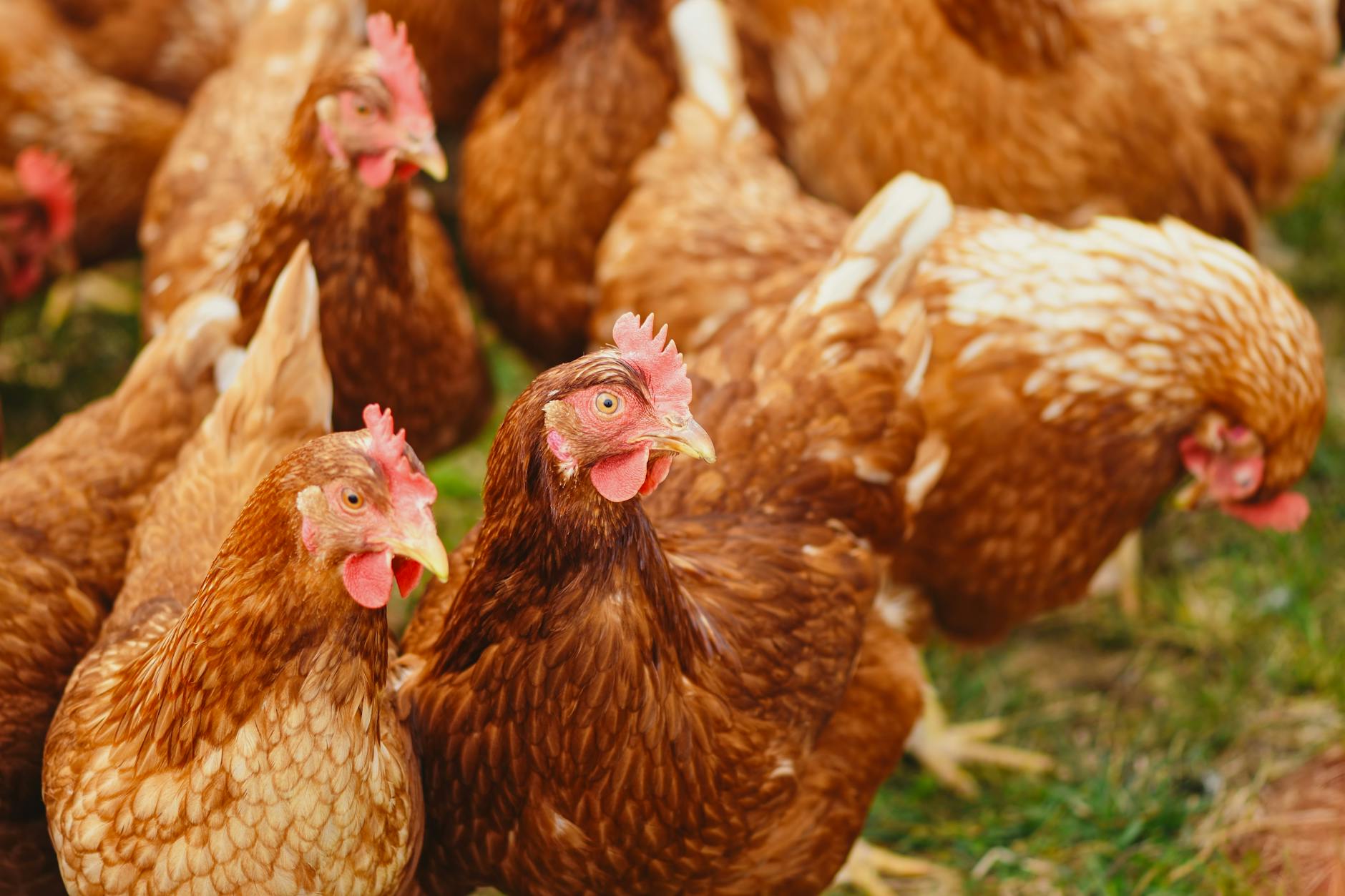 Photo by Alexas Fotos
Photo by Alexas Fotos
Frostbite is a serious concern during cold weather, particularly for chicken combs and wattles. To prevent frostbite, ensure that the coop is well-ventilated yet draft-free. Providing ample bedding and insulation, especially in roosting areas, can also help maintain a comfortable environment. It’s advisable to apply petroleum jelly to combs and wattles to provide a protective layer against frostbite.
Common Cold Weather Ailments
In colder temperatures, chickens are more susceptible to certain ailments, including respiratory issues and decreased egg production. Measures such as ensuring a well-balanced diet, access to fresh water, and minimizing stress can help mitigate these concerns. Additionally, regular health checks and observing the flock for any signs of illness can aid in early detection and treatment.
Conclusion
In conclusion, selecting the best cold weather chickens is crucial for ensuring their health and productivity during the winter months. By considering the breed’s cold hardiness, feathering, and overall adaptability to lower temperatures, poultry keepers can make well-informed decisions. It’s important to prioritize breeds such as the Rhode Island Red, Wyandotte, and Orpington, which demonstrate resilience in colder climates. With the right breeds and proper care, raising chickens in cold weather can be a rewarding and successful endeavor. This should help you in deciding what the best cold weather chickens are for you! let us know what you think
